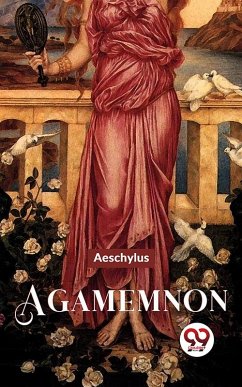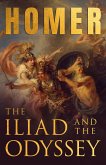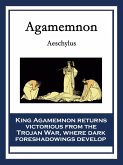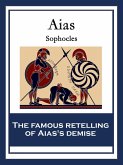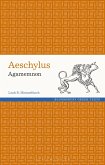The Greek city of Argos is waiting for word of the triumph during the Trojan War, and a watchman is posted to send out a signal when it does. The Chorus, an assembly of Argive elders, is informed by the Argive queen Clytemnestra that the city has been taken. Mycenaean king Agamemnon returns with Cassandra, a prophetess from Troy. He thanks the gods for keeping him safe and swears to work with the Chorus to build democracy. Cassandra predicts that Clytemnestra would kill her and Agamemnon when she enters the palace to carry out the deed. Regarding the prophetess' visions, the Chorus is hesitant. Cassandra walks inside the palace knowing that she would shortly be put to death. Screams from the palace stop the Chorus as they are going to talk on how destiny is inevitable. Agamemnon and Cassandra were slain by Clytemnestra, who then reappears with blood on her hands. The murder of Agamemnon, according to her, was motivated by retaliation for the sacrifice of their daughter Iphigenia. Agamemnon's cousin Aegisthus makes an appearance, praising the vengeance and defending it as payback for earlier wrongdoings. The Chorus is prepared to die as soon as he exerts his dominance over them. As soldiers round the entrance and the Chorus disperses, the play comes to a close with Clytemnestra and Aegisthus returning to the palace as Argos' new rulers.
Dieser Download kann aus rechtlichen Gründen nur mit Rechnungsadresse in A, D ausgeliefert werden.

